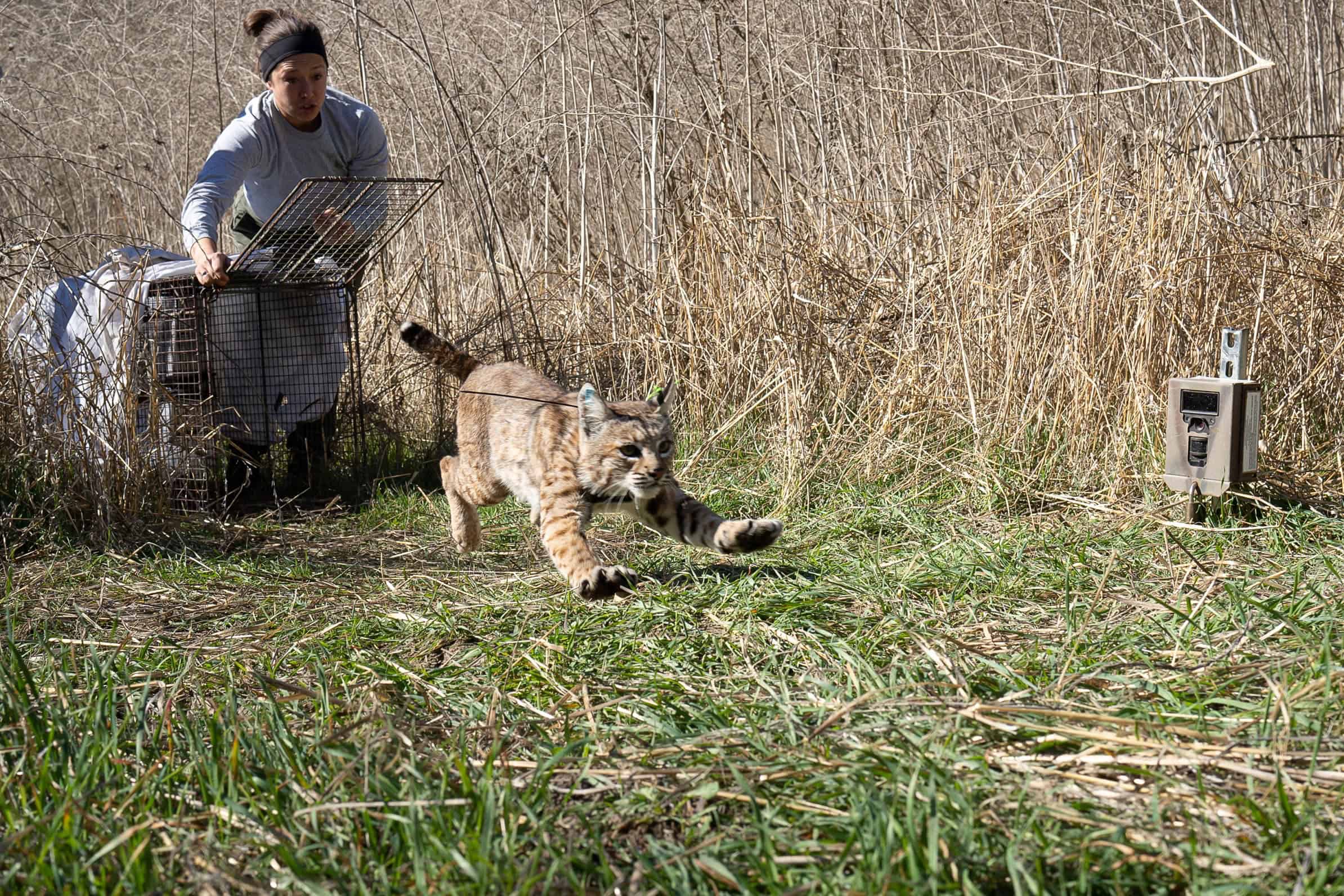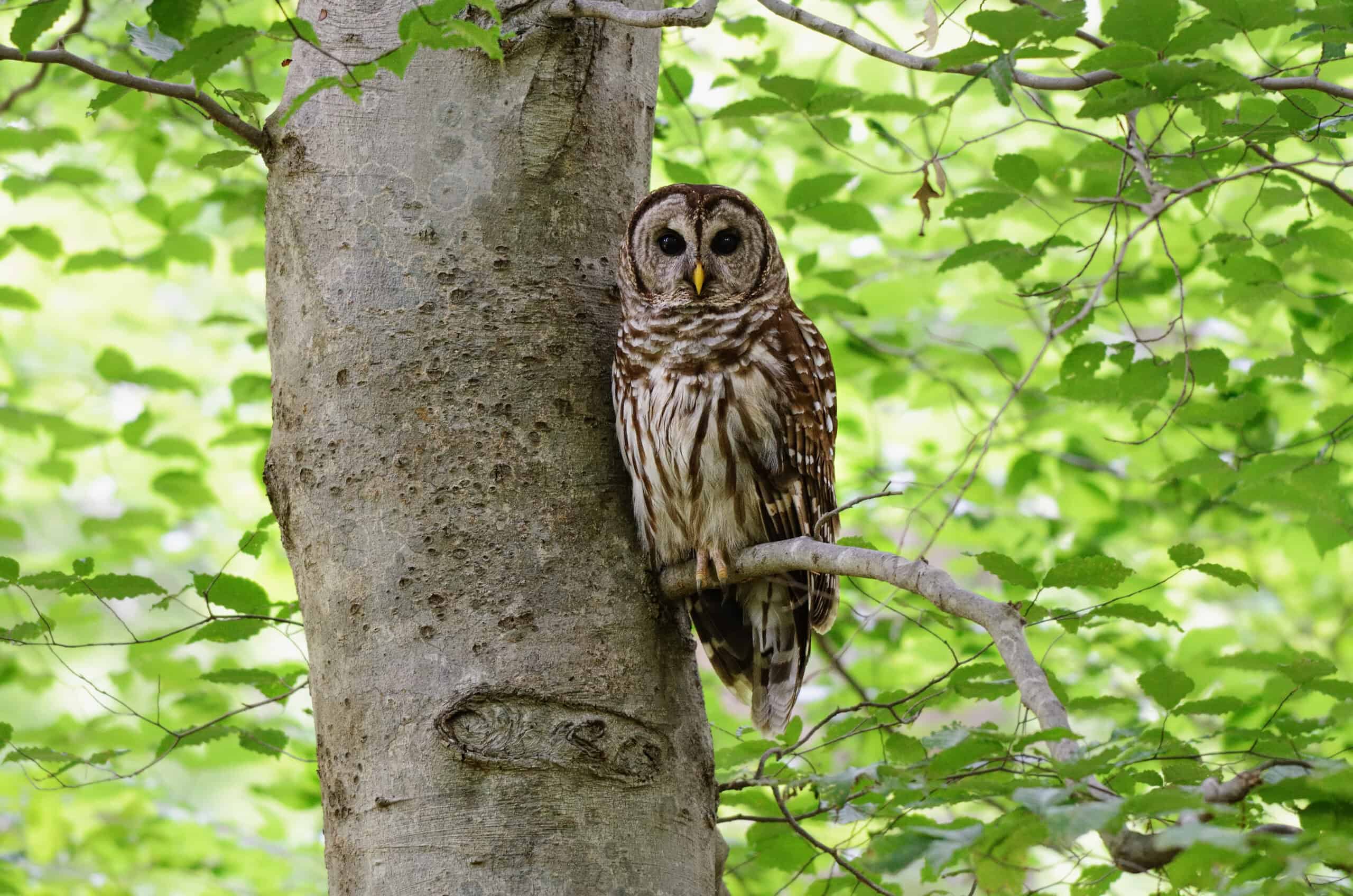Share this article
TWS Past President works to keep game management alive
Erik Fritzell has been hunting North Dakota wildlife since childhood. Now, the 69-year-old TWS member and Past President has set up an endowment fund to ensure that future generations can do the same. He began raising money in September and is already close to the $25,000 minimum he needs to have the “Wildlife-Game Management Scholarship Endowment” established by the University of North Dakota.
“Having institutions like state universities engaged in [game management] does more than just providing an opportunity for somebody’s education,” said Fritzell. “It’s saying, ‘we as a state believe that professional wildlife management is important.’”
Fritzell’s passion for wildlife started early. As a child, he eagerly examined the ducks his parents brought home from hunting trips, admiring how their bodies were put together. After his father passed away when he was 9 or 10, Fritzell’s mother taught him to hunt, instilling a lasting reverence for the outdoors. He says he has always loved everything “wild and free and biological.”
But until he went to college at the University of North Dakota, he didn’t know it was possible to make a living studying and managing wildlife. The realization came in a comparative anatomy lab, when the teaching assistant showed Fritzell black-and-white photographs of jackrabbit dissections conducted in the back of a pickup truck. Realizing he had found his calling, Fritzell switched majors from premed to biology and joined the state chapter of TWS, becoming its first-ever undergraduate member.
He remained involved with TWS throughout his career, which included 17 years as a professor at the University of Missouri and more than a decade leading the Fisheries and Wildlife Department at Oregon State University. He held the positions of North Central Section Representative and then Section President during the late 1980s and early 1990s. In 1992, he was elected Vice President of TWS, and from 1994 to 1995, he served as President.
“Those years on the TWS Council were some of the best years of my life, in part because we did a hell of a lot of really major things during that period,” said Fritzell.
During his time as President, Fritzell oversaw the Society’s first annual meeting, an event that now draws thousands of attendees per year. He and the other Council members also helped organize the first International Wildlife Congress, developed a strategic plan, and snatched up the “wildlife.org” domain name, a prescient move during the early days of the internet in the 1990s.
Now, the retired researcher is establishing a game management endowment to address changes he has seen during his long career. The wildlife profession has its roots in the hunting and fishing communities, which rose up in the early 1900s to protect their treasured natural resources, says Fritzell. Since then, it has broadened to encompass management of endangered and non-game species. As a staunch conservationist, Fritzell supports this expansion; he even helped state agencies secure more funding for non-game species while he was on the TWS Council. But now he worries that the field has swung too far from its original mission.
“Game management was diminished in the view of many university departments,” said Fritzell. “It may have been over-emphasized, but it was becoming under-emphasized, from my view, in the 21st century.”
Fritzell isn’t the first to notice a decline in game management research. The Boone and Crockett Club, an influential hunter-conservationist organization, has been working for years to halt this slide by supporting endowed university chairs, says Fritzell. In the winter 2013 issue of The Wildlife Professional, waterfowl biologist Rick Kaminski, now at Clemson University, reported an alarming drop in the number of waterfowl programs at universities, sparking the creation of several endowed waterfowl biology chairs, says Fritzell.
Fritzell says his endowment will be smaller than these endowed chairs. Instead of supporting a professor directly, it will support a graduate student working on game management. Someday, Fritzell hopes it can also fund undergraduate scholarships. Donors can contribute at www.UNDalumni.org/gamemanagement.
Fritzell likes the idea that his endowment will support game management long into the future, solving problems he can’t yet predict. He plans to keep adding to the fund as long as he can.
“We have been entrusted in North America with the management and the oversight of wildlife resources,” said Fritzell. “How we do that for all the other people in this country is, to me, the ultimate responsibility.”
Header Image: Erik Fritzell displays a canvasback (Aythya valisineria), his favorite duck species, at a wetland in central North Dakota. The gun is the same one Fritzell’s mother used for years. ©Bob McCamy








